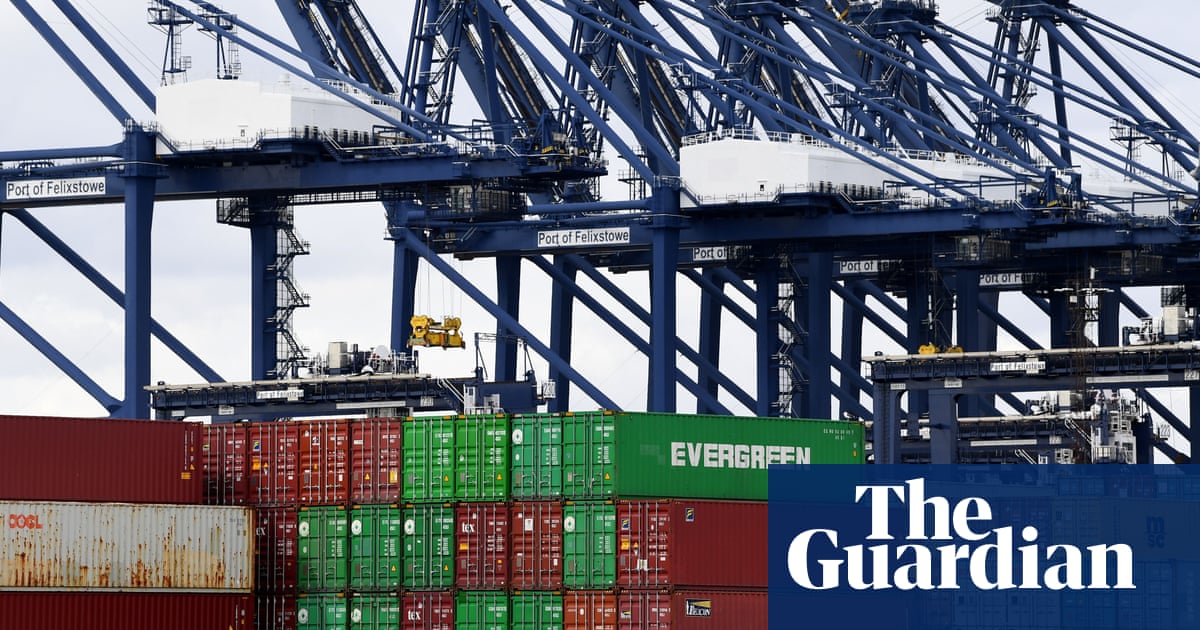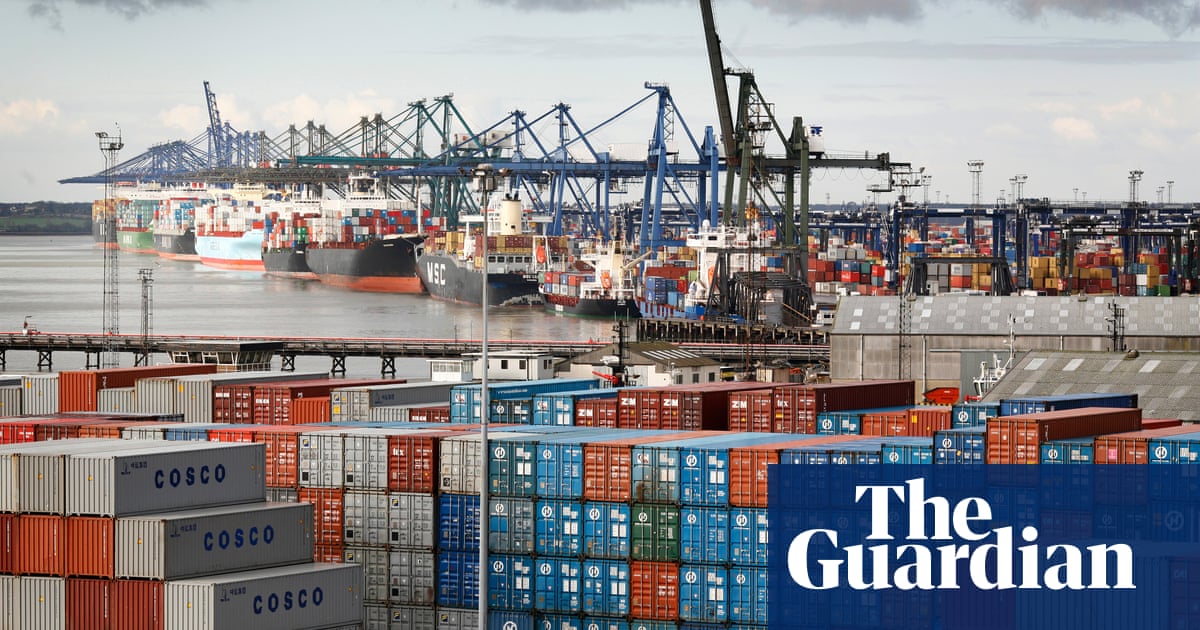
Companies operating in freeports being launched under Boris Johnson’s post-Brexit levelling up agenda will not get the full benefits of the new tax efficient zones if they export to some countries, the government has admitted.
Officials said post-Brexit trade deals with 23 nations – including Canada, Norway and Switzerland – included clauses that prohibit manufacturers in freeport-type zones from utilising the tax breaks they enable.
Regarded as central to the government’s plan to rebalance Britain’s lopsided regional economy, freeports are areas designated to receive incentives relating to customs, tax, planning, regeneration and infrastructure, aiming to boost global trade and the local economy around them.
However, the government admitted businesses operating in freeports will need to pay tariffs when exporting finished products to any of the 23 countries where the UK has a post-Brexit trade deal, unlike companies operating elsewhere.
This is because the trade deals, negotiated as Britain prepared to leave the EU at the start of this year, include prohibition clauses preventing exporters who had benefited from duty exemption also benefiting from the preferential tariff rates set out in the trade agreements.
Although applying to countries accounting for £35.6bn of UK trade, the problem does not apply to the UK-EU trade deal.
Emily Thornberry, the shadow trade secretary, said the government could have removed the provisions but did not.
In comments directed at the international trade secretary, Liz Truss, she said: “This is a catastrophic blunder by a minister stuck in her silo, and as a result, manufacturers in towns, cities and regions across our country who have succeeded in bidding for freeport status risk missing out on access to key markets.”
A government spokesperson said there had been “no error” in the trade agreements. “It is not uncommon for free trade agreements to have these provisions. Businesses will not be shut out of markets we have negotiated free trade deals with.”
Saying that businesses would still benefit from freeports, the spokesperson added: “Where these provisions apply, businesses can choose to either benefit from the duty drawback, or the preferential rates under the free trade agreement – provided they meet the rules of origin test under that agreement – depending on what suits them best.”
Freeports formed a key part of the Tory election campaign in the north-east, where the Conservative mayor of Tees Valley, Ben Houchen, championed plans for a zone in the area.
Seven other locations in England have also been earmarked for freeports: London Gateway; Liverpool City region; Humber; Felixstowe; Southampton; Plymouth; and East Midlands airport.












